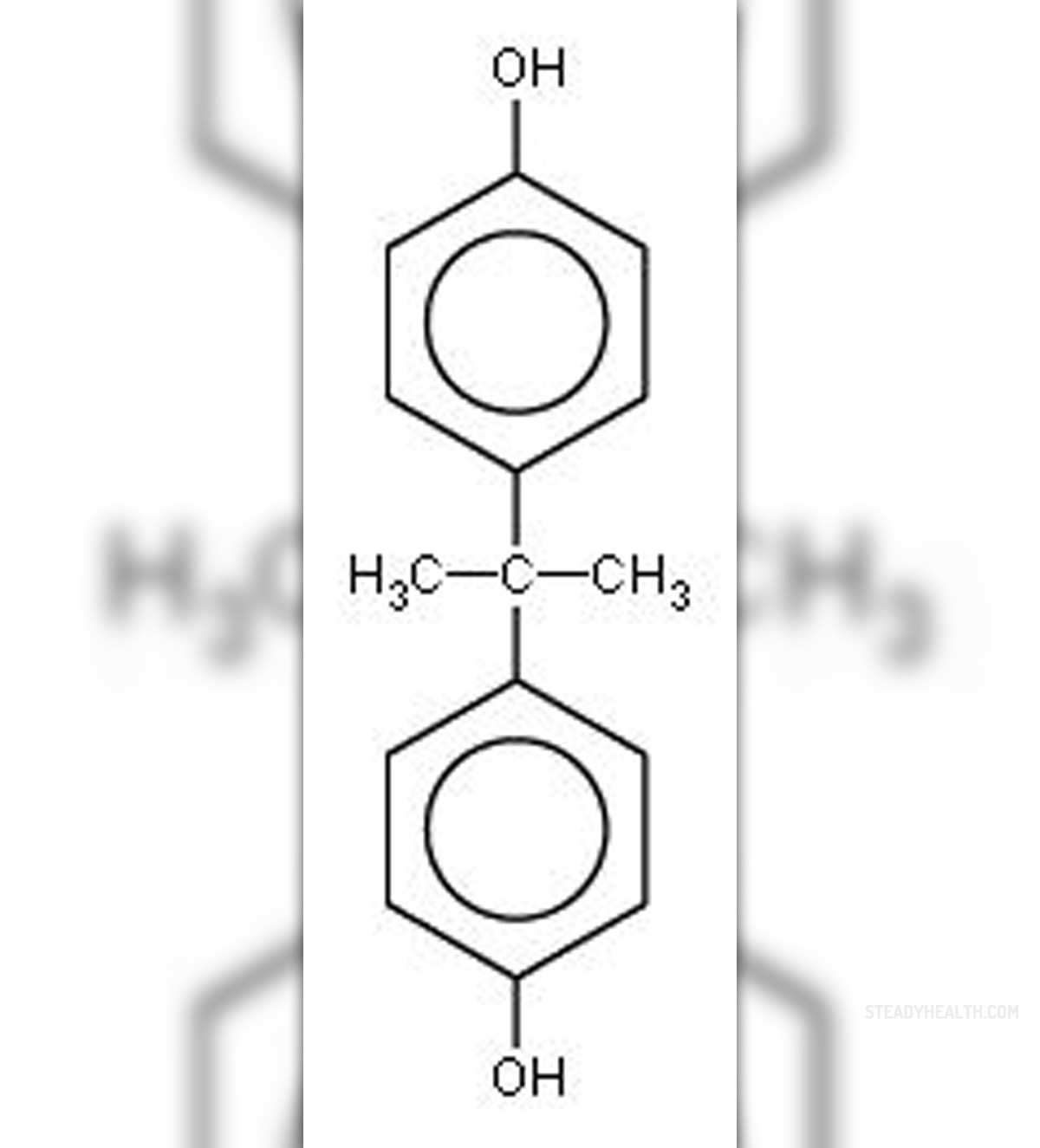
Plastic bottles we drink our water from are mostly made of polycarbonate plastic and epoxy resin called the Bisphenol-A or, abbreviated, BPA. Moreover, BPA is used for creating baby bottles, plastic dishes, serving containers, food cans and bottles for carbonated beverages.
Nowadays, an increasing number of people has decided not to use BPA bottles and items, disposing of the ones they might have possessed. Namely, BPA from these containers and items is considered to be unhealthy and even dangerous.
The Hazardous Nature of BPA
Basically, the public is worried that the BPA, which migrates through the bottle or any above mentioned item, may leave the host area and enter the organisms of those who handle these plastic objects. Yet, governments and numerous agencies have reported that this is not possible and that this paranoia is solely caused by TV shows posing claims without genuine proof. After all, we have been using plastic bottles for decades and only now have we discovered that these useful things can be bad for our health, the same sources said.
Regardless, the negative reputation of BPA continues to spread around the world, despite the results of tests carried out by Environmental Protection Agency, the FDA and the American Chemistry Council, begging to differ. Today, numerous researches are being done around the clock, in a desperate attempt to provide more proof for BPA's innocence. We are yet to witness the outcome of this battle.
Since there have been myths that BPA can migrate into the food and drinks during exposure to microwave ovens, this aspect is being analyzed as well, with nothing but negative findings so far, showing that BPA is, in fact, harmless.
Other Facts about BPA
The European Food Safety Authority, due to the mere necessity of the BPA controversy, established a tolerable daily intake of products in plastic bottles containing this chemical. The results showed that exposure to chemicals during one's entire lifetime of BPA bottle usage was less than 1%. This means that after eating and drinking about 1,300 pounds of nutrients, your chances of being exposed to BPA would still be minimal.
Also, contrary to popular belief, BPA in bottles and plastic materials cannot interfere with human reproduction. Thus, believe it or not, exhaustive scientific researches and tests have proven the safety of BPA countless times. Nevertheless, the final choice is yours. You may avoid products stored in plastic containers with BPA or use them and be safe altogether.


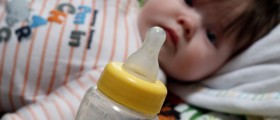
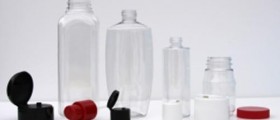
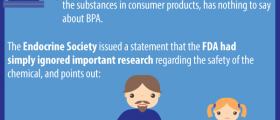

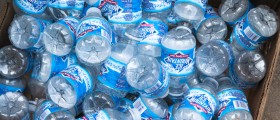






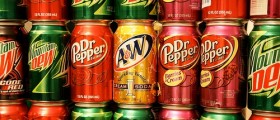



Your thoughts on this
Loading...